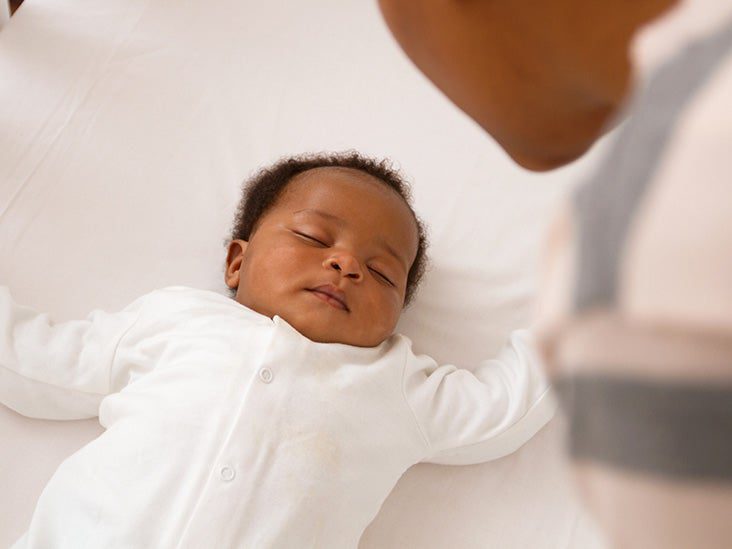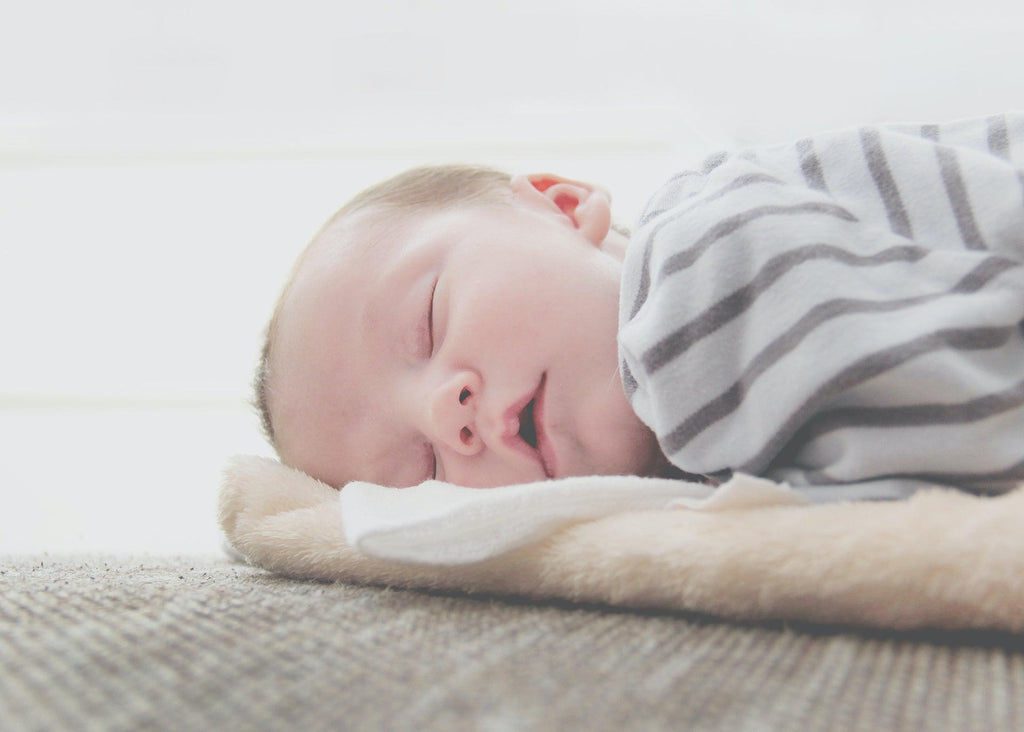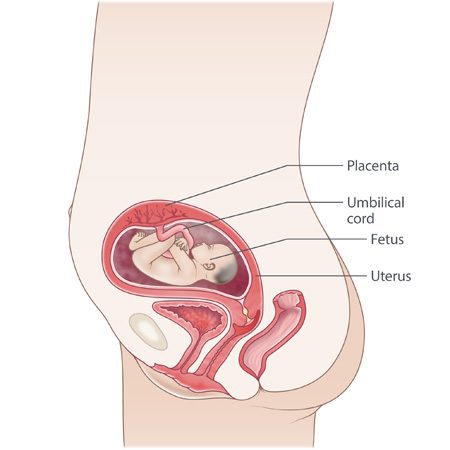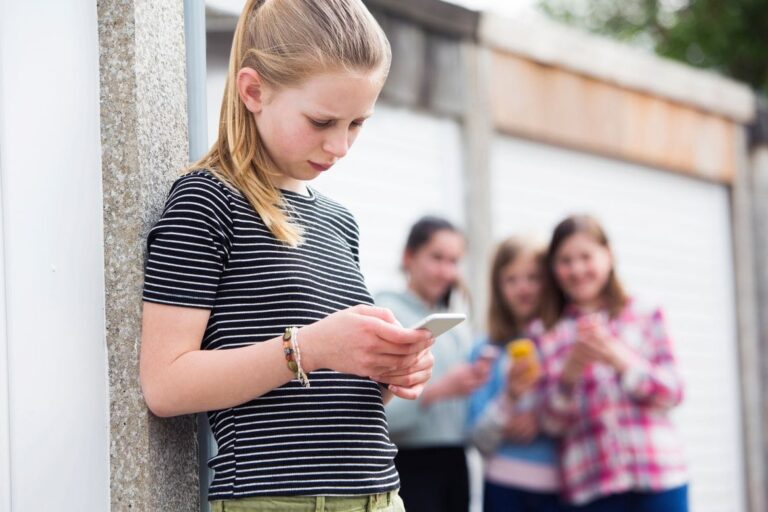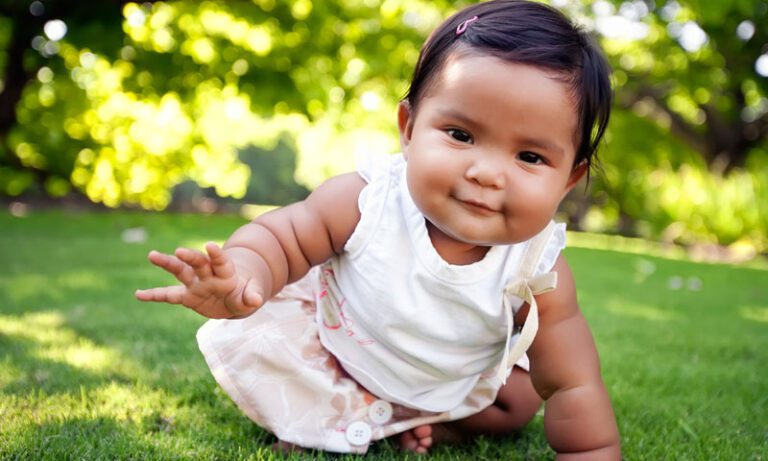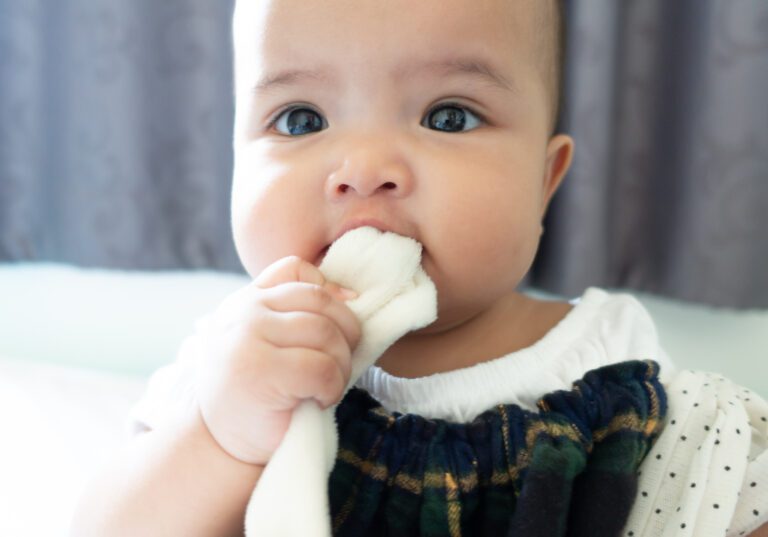How Long Should I Let My Baby Sleep After Vaccinations
After vaccinations, it is recommended to let your baby sleep for as long as they need. It is normal for babies to sleep longer than usual after receiving shots.
The duration of sleep may vary depending on the appointment time. Instead of waking your baby, it is best to let them rest and provide them with extra comfort if needed. This will help them recover and allow their immune system to respond effectively to the vaccines.
Remember to follow any specific instructions or advice provided by your healthcare provider regarding sleep and aftercare post-vaccination.
Understanding The Impact Of Vaccinations On Baby’s Sleep
After vaccinations, it is completely normal for your baby to sleep longer than usual. They may even sleep all day depending on the time of the appointment. It’s important to let them rest and provide extra comfort if needed.
Vaccinations And Their Effect On Sleep Patterns
After getting vaccinations, it is common for babies to experience changes in their sleep patterns. Understanding the impact of vaccinations on a baby’s sleep routine can help parents manage any potential disruptions and ensure their little ones get the rest they need.
How Vaccinations Can Affect A Baby’s Sleep Schedule
Vaccinations work by stimulating the baby’s immune system to produce a response against specific diseases. While these immunizations are crucial for protecting a baby’s health, they can also have temporary effects on their sleep schedule.
When a baby receives vaccinations, their body is working hard to process and respond to the introduced substances. This can cause an increase in overall fatigue and sleepiness, leading to longer and more frequent sleep periods.
Additionally, some babies may experience mild discomfort or pain at the injection site, which can temporarily disrupt their sleep. It’s important for parents to provide extra comfort and reassurance during this time to help their baby feel supported and secure.
Ensuring A Smooth Transition Back To Regular Sleep Patterns
While it is normal for babies to experience changes in their sleep patterns after vaccinations, it is also important to help them transition back to their regular routine. Here are a few tips to consider:
- Allow extra time for sleep: While your baby may naturally sleep longer after getting vaccinated, it’s important to keep an eye on their overall sleep duration and make sure it aligns with their usual patterns. If they seem excessively sleepy, consult with their pediatrician.
- Provide comfort and support: If your baby is experiencing discomfort or pain after vaccinations, offer soothing techniques such as gentle massages or applying a cool compress to the injection site. This can help them relax and promote better sleep.
- Maintain a consistent sleep schedule: Babies thrive on routine, so try to stick to their regular sleep schedule as much as possible. This can help them feel more secure and facilitate a smoother transition back to their usual sleep patterns.
Remember, every baby is unique, and their responses to vaccinations may vary. If you have any concerns about your baby’s sleep patterns or overall health after vaccinations, don’t hesitate to reach out to their healthcare provider for guidance and reassurance.

Credit: www.babycenter.ca
Factors To Consider For Post-vaccination Sleep
After vaccinations, it is normal for your baby to sleep longer than usual. Let them sleep and avoid disrupting their nap routine.
The Importance Of Monitoring Sleep Patterns After Vaccinations
After getting vaccinations, it is important to closely monitor your baby’s sleep patterns. Vaccinations can sometimes cause temporary changes in sleep behavior, and understanding these changes can help you better support your baby’s rest and recovery. Factors such as the type of vaccine, the time of day the vaccination was administered, and your baby’s individual response to the vaccine can all affect how long you should let your baby sleep post-vaccination. By paying attention to these factors and making adjustments as needed, you can ensure that your baby gets the rest they need to recover and stay healthy.
Factors That Can Influence How Long A Baby Should Sleep Post-vaccination
Type of vaccine
The type of vaccine your baby receives can impact their sleep patterns. Some vaccines may cause drowsiness or fatigue, leading to longer sleep durations. It is important to check the specific vaccine your baby received and understand its potential effects on sleep. Consulting with your pediatrician or healthcare provider can provide you with valuable insights into the specific vaccine’s potential impact on your baby’s sleep.
Time of day
The time of day the vaccination was administered can also play a role in post-vaccination sleep patterns. If the vaccination was given later in the day, your baby may be more likely to feel sleepy and may require longer sleep durations. On the other hand, if the vaccination was given earlier in the day, your baby’s sleep patterns may not be significantly affected. Being aware of the timing of the vaccine administration can help you anticipate and adjust your baby’s sleep routine accordingly.
Individual response
Each baby is unique, and their response to vaccinations can vary. While some babies may experience increased sleepiness after vaccinations, others may not be significantly affected. It is essential to observe your baby’s behavior, paying attention to any changes in sleep duration or quality. If your baby appears excessively sleepy or experiences disruptions in their usual sleep patterns, it is important to consult with your healthcare provider for further guidance.
By monitoring the type of vaccine, the timing of administration, and your baby’s individual response, you can make informed decisions about how long to let your baby sleep after vaccinations. Remember to prioritize your baby’s rest and provide them with a comfortable sleep environment to support their recovery process.
Recommended Sleep Duration After Vaccinations
After vaccinations, it is recommended to let your baby sleep as long as they need. Babies tend to sleep longer after shots, so allowing them to rest is important for their recovery and comfort.
Average Sleep Duration Recommended By Healthcare Professionals
After receiving vaccinations, it is common for babies to feel sleepier than usual. This is a natural response to the stress their bodies may experience during the immunization process. As a parent, it is important to understand the recommended sleep duration after vaccinations in order to provide the necessary care and support for your baby’s well-being.
How Long Should I Let My Baby Sleep After Vaccinations?
The duration of sleep that your baby needs after vaccinations can vary depending on their age and individual response to the vaccines. Generally, it is advised to allow your baby to sleep for any additional hours they may need to rest and recover. It is important to keep in mind that every baby is unique, and their sleep patterns may differ. However, it is recommended to closely monitor your baby’s sleep and provide them with comfort and support as needed.
Some babies may sleep longer than usual after receiving vaccinations, which is completely normal. According to research, babies may experience increased sleepiness for up to 24-48 hours after vaccinations. During this time, it is important to prioritize your baby’s comfort and ensure they are getting enough rest.
It is also important to note that some babies may experience mild discomfort or tenderness at the injection site, which may make them more inclined to sleep or seek comfort from you. If your baby shows signs of discomfort, you can provide gentle soothing techniques such as cuddling, rocking, or using a gentle touch to help them feel more secure and settled.
Conclusion
In conclusion, after receiving vaccinations, it is normal for babies to experience increased sleepiness. The recommended sleep duration may vary for each baby, but it is generally advised to allow them to sleep for any additional hours they may need to rest and recover. By closely monitoring your baby’s sleep patterns and providing them with comfort and support as needed, you can help ensure their overall well-being and recovery after vaccinations.
Helping Your Baby Sleep Comfortably After Vaccinations
After your baby receives vaccinations, it is normal for them to sleep longer than usual. Let your baby sleep as much as they need, providing extra comfort if necessary, as they may want to be comforted to sleep by a parent.
Tips For Creating A Soothing Sleep Environment
Creating a soothing sleep environment for your baby after vaccinations can help them feel more relaxed and comfortable. Here are some tips to consider:
- Dim the lights in the room to create a calm and peaceful atmosphere. This can help signal to your baby that it’s time to sleep.
- Ensure the room temperature is comfortable, neither too hot nor too cold. Use appropriate clothing or blankets to keep your baby cozy.
- Play soft and gentle music or white noise to drown out any external noises that may disturb your baby’s sleep.
- Use a comfortable and supportive mattress for your baby’s crib to promote good sleep posture.
- Consider using a night light or a soft glowing toy to provide a sense of security for your baby.
Strategies To Help Your Baby Sleep Better After Vaccinations
After vaccinations, your baby may experience discomfort or tenderness at the injection site, which can make it difficult for them to fall asleep or stay asleep. Here are some strategies you can try to help your baby sleep better:
- Gently massage the injection site with a clean and warm cloth to provide soothing relief.
- Use a mild pain reliever as recommended by your pediatrician to alleviate any discomfort your baby may be experiencing.
- Offer your baby extra cuddles and soothing techniques such as rocking or gentle bouncing to help them feel secure and calm.
- Try different sleeping positions that may provide your baby with more comfort, such as placing a rolled-up towel under their knees or using a supportive infant pillow.
- Stick to your baby’s regular sleep routine as much as possible to provide a sense of consistency and stability.
Remember, every baby is unique, and what works for one may not work for another. It’s important to listen to your baby’s cues and adapt accordingly. By creating a soothing sleep environment and implementing strategies to help your baby sleep better, you can support their overall well-being and ensure they get the rest they need after vaccinations.
Monitoring Your Baby’s Post-vaccination Sleep Patterns
After your baby receives vaccinations, it’s important to monitor their sleep patterns to ensure they are resting well and recovering comfortably. While it’s normal for babies to feel a bit sleepier than usual following vaccinations, it’s essential to keep an eye on any changes in their sleep behavior. In this section, we will discuss the signs to look out for if your baby is not sleeping well after vaccinations and when to seek medical advice regarding their sleep patterns.
Signs To Look Out For If Your Baby Is Not Sleeping Well After Vaccinations
If your baby is not sleeping well after vaccinations, it may be an indication of discomfort or other issues. Keep an eye out for the following signs:
- Increased fussiness: If your baby is unusually irritable or crying more than usual, it may indicate that they are experiencing discomfort.
- Difficulty settling down: If your baby is having trouble falling asleep or is waking up frequently, it could be a sign that they are not feeling well.
- Changes in appetite: If your baby is showing a decreased interest in feeding or is refusing to eat altogether, it could be a symptom of discomfort or illness.
- High temperature: A fever may disrupt your baby’s sleep patterns. If your baby’s body temperature is elevated, it’s important to monitor them closely.
- Unusual sleep duration: While it’s normal for babies to sleep longer after vaccinations, if your baby’s sleep is either excessively prolonged or significantly shorter than usual, it may indicate a concern.
When To Seek Medical Advice Regarding Your Baby’s Sleep Patterns After Vaccinations
While it’s common for babies to experience some changes in their sleep patterns after vaccinations, there are instances where it’s necessary to seek medical advice. It is recommended to consult a healthcare professional if:
- Your baby is inconsolable: If your baby’s crying cannot be comforted or seems excessive, it’s important to seek medical attention to rule out any underlying issues.
- There are signs of severe discomfort: If your baby is showing signs of extreme discomfort, such as arching their back, crying inconsolably, or having difficulty breathing, it’s crucial to seek immediate medical assistance.
- Fever persists or worsens: If your baby’s fever persists for more than 48 hours or increases in intensity, it’s recommended to consult with their healthcare provider.
- Other concerning symptoms: If your baby experiences any unusual symptoms or behaviors that you find concerning, such as rash, vomiting, or unusual drowsiness, it’s advisable to seek medical advice.
Remember, while it’s normal for babies to have some changes in sleep patterns after vaccinations, it’s important to trust your parental instincts. If you have any concerns or feel that something is not right, it’s always better to consult a healthcare professional for guidance and reassurance.
Frequently Asked Questions Of How Long Should I Let My Baby Sleep After Vaccinations
Is It Okay For Baby To Sleep All Day After Shots?
It is normal for babies to sleep longer after getting shots, and they might sleep even longer depending on the appointment time.
How Long Can Baby Be Unsettled After Immunisation?
Babies can be unsettled for up to 48 hours after immunization, but they may also sleep longer than usual. It’s normal for them to be extra sleepy and seek extra comfort during this time.
Why Not To Give Baby Tylenol After Vaccines?
It is not recommended to give baby Tylenol after vaccines.
Is It Normal For Baby Not To Feed After Injections?
It is normal for a baby not to feed after injections. They might sleep longer and need extra comfort.
Conclusion
After getting vaccinations, it is completely normal for your baby to feel sleepy and sleep longer than usual. The timing of the appointment can also affect their sleep duration. Remember, if your baby is used to being comforted to sleep by a parent, they might need extra comfort during this time.
So, don’t worry if your baby sleeps all day after shots, as it is a natural response. Just let them rest and recover.
